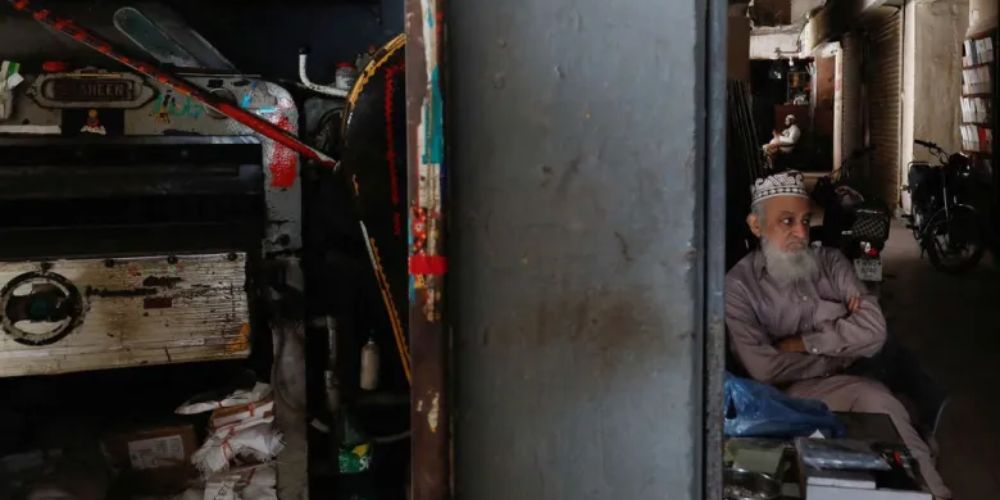On Monday, the government’s attempt to save energy backfired, leaving the majority of Pakistan without electricity. During the interruption, the country’s cash-strapped administration raised questions about how it was handling the economic crisis. a significant portion of Pakistan experienced a widespread blackout due to a failed energy-saving measure implemented by the government. Many major cities, including the capital, Islamabad, and remote towns and villages across the country were without electricity.

Over a 12-hour period, electricity was unavailable in numerous large towns and villages throughout Pakistan, including the country’s capital of Islamabad. Authorities sent more police to markets around the nation to maintain security as the power outage persisted into Monday night.
Several cities’ power was restored late Monday, according to officials, 15 hours after the interruption was reported.
A previous statewide energy outage left millions of this nation’s 220 million citizens without access to drinking water when electricity-powered pumps malfunctioned. In the midst of the bitter winter weather, power was down in schools, hospitals, workplaces, and stores.
Energy Minister Khurram Dastgir assured the public that power would be fully restored within the next 12 hours while announcing to local media that engineers were working to restore power nationwide.
In contrast to the summer, when Pakistanis use air conditioning to escape the heat, the minister claims that during the winter, midnight electricity use typically decreases.
As a cost-cutting measure, Dastgir stated Sunday night, “we temporarily shut down our power generation systems.” A “fluctuation in voltage” was seen when engineers attempted to turn the systems back on, “forcing engineers to shut down the power grid” stations one by one.
Dastgir maintained that the power loss was not a serious catastrophe and that electricity was being restored gradually. Backup generators came on in many locations, including important enterprises and institutions, including hospitals, military, and government buildings.
At a further press conference later that day, Dastgir informed the media that Prime Minister Shahbaz Sharif had ordered an investigation into the outage.
He said, “We are hoping that the electricity supply will be entirely restored tonight.
Before midnight, power was restored in numerous major cities, including Rawalpindi, Quetta, Peshawar, and Lahore, the capital of the eastern Punjab province, as well as Karachi, the largest metropolis and economic center of the nation.
The Orange Line metro stations in Lahore had a closed sign displayed on them, rail workers were stationed there to keep an eye on things, and trains were parked on the tracks. When the metro system would be operational again was not known.
The government’s aim, according to Imran Rana, a representative for Karachi’s power supply firm, is to restore electricity to vital facilities first, such as hospitals and airports.
Network data revealed a substantial drop in internet access in Pakistan, which was ascribed to the power outage, according to internet access advocacy group NetBlocks.org. As many people had trouble going online on Monday, data showed that connectivity was at 60% of average levels.
At least 60% of Pakistan’s electricity is produced using fossil fuels, and only about 27% is produced using hydropower. The grid in the country receives roughly 10% of its power from nuclear and solar sources. In light of its declining foreign exchange reserves, Pakistan is currently experiencing one of its worst economic crises in recent memory. Due to this, the government was forced to require marketplaces and retail centres to close by 8:30 p.m. in order to save electricity.
The government is in talks with the IMF to ease some of the terms of Pakistan’s $6 billion bailout, which it believes will lead to further inflation increases. In August, the IMF gave Islamabad the final and most significant tranche of $1.1 billion. Due to Pakistan’s unwillingness to enact new tax regulations, conversations between the two parties have fluctuated since that time.


